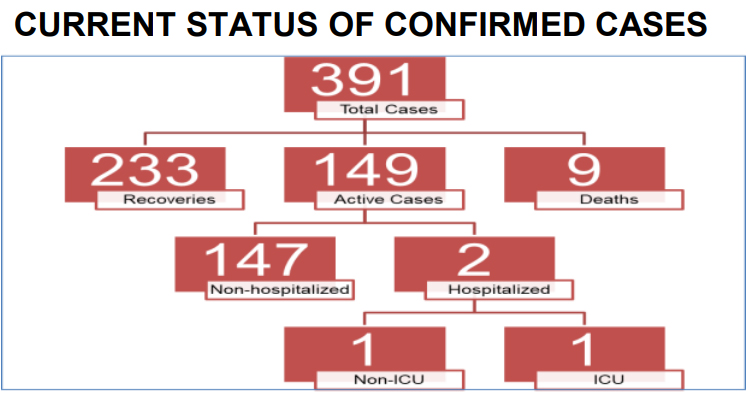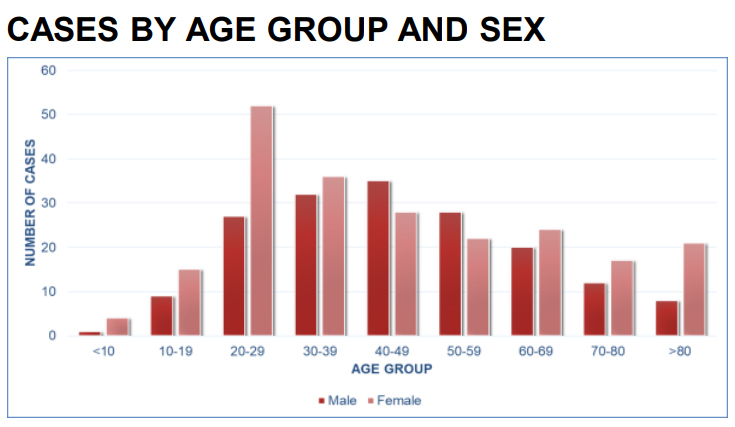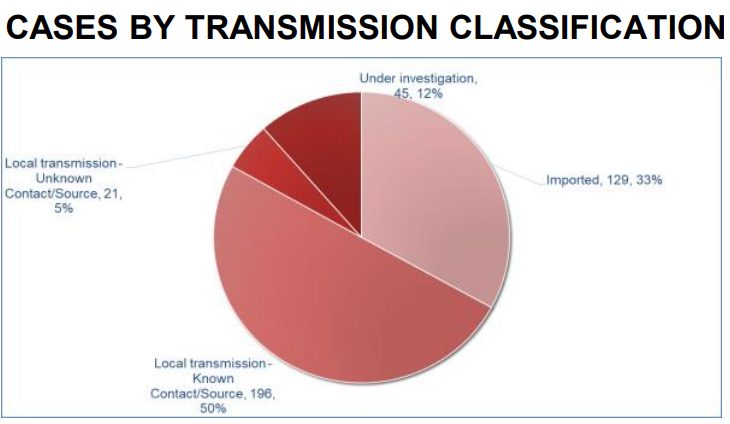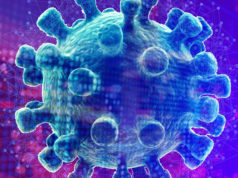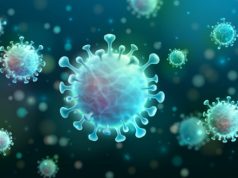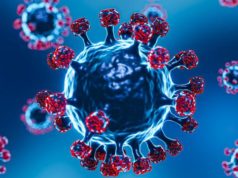There were 27 new positive Covid-19 results — 13 classified as local transmission with known contact/source as they are associated with known cases and clusters and 14 under investigation — Bermuda now has 391 total confirmed positive cases to date, with 149 active.
“The average age of all active cases is 35 years [median: 31 years] and the age range is 0 to 69 years,” the Minister said.
Minister Kim Wilson’s full statement follows below:
Good Afternoon,
There were 1157 test results received by the Ministry of Health yesterday [10 December], and 27 were positive for COVID-19.
13 of the new cases are classified as local transmission with known contact/source as they are associated with known cases and clusters.
The remaining 14 new cases are classified as under investigation. These cases are among residents with no history of travel or any currently identified links to other known cases or clusters.
Bermuda now has 391 total confirmed positive cases. Their status is as follows:
- there are 149 active cases, of which
- 147 are under public health monitoring and
- 2 are hospitalized with 1 in critical care;
- a total of 233 have recovered, and
- the total deceased remains 9.
The average age of all confirmed positive cases is 45 years [median: 42 years] and the age range is 0 to 101 years.
The average age of all active cases is 35 years [median: 31 years] and the age range is 0 to 69 years.
To protect privacy and confidentiality, the average age and age range of the hospitalized cases will not be provided.
The average age of all deceased cases is 74 years and the age range is 57 to 91 years.
The source of all cases is as follows:
- 129 are Imported
- 196 are Local transmission, with known contact/source
- 21 are Local transmission with an unknown contact/source, and
- 45 are under investigation
It should be noted that as investigations proceed, transmission categories may change.
The seven-day average of our real time reproduction number is greater than 1 [1.75]. Bermuda’s current country status remains as “Clusters of cases”.
As we can see from the age range of all active cases, many of our current COVID-19 cases are among our young people, with the median age being 31 years.
It’s so important for young adults to realize their role in the COVID-19 pandemic. Even healthy people in their 20s and 30s can catch the coronavirus, spread it to others, and suffer from severe illness resulting in lasting health problems or even death. Data from many countries clearly shows that people under 50 make up a significant proportion of patients requiring hospitalization.
Even if you don’t get sick, the choices you make about where you go could be the difference between life and death for someone else.
Now is NOT the time to socialize in large groups with people from multiple households.
As I said on Tuesday, the Ministry’s contact tracing investigations strongly suggest that it is social mixing or gatherings of people that are most likely to produce local transmission and positive cases…as is currently happening now. Many cases are asymptomatic. So just because your friends and coworkers don’t seem sick, doesn’t mean they do not have COVID-19…And they might be unwittingly passing it on to you.
I would urge you to stop and think about your loved ones before you engage in any potentially risky health behaviours… especially elderly grandparents and family members who may be medically vulnerable…Your aunt with diabetes, your father with high blood pressure, your cousin going through chemotherapy…Consider whether your daily actions are putting them – and the rest of our community – at risk.
Bermuda has a disproportionate number of elderly and vulnerable residents due to chronic conditions like high blood pressure, and diabetes…and we must consider the potentially deadly consequences our own poor choices and reckless behaviour would have on those individuals.
It is along that vein, that I would like to advise the public that, due to the increase in COVID-19 cases we are seeing locally, the Chief Medical Officer has issued an order for all care homes to move back to Phase 1 visiting. This phase requires visitors to remain outside [unless deemed essential] and to have their visit with the resident through a window or glass door.
We appreciate this is not good news during the holiday season but keeping our elders safe is paramount at this time. In addition we strongly encourage family members, friends and community groups to be creative and work with the care homes to arrange virtual visits and engagements that align with these restrictions during this period.
I would now like to provide clarity on what steps a person should take when they are linked to a positive case of COVID-19…
If you live with someone who has tested positive for COVID-19 then you must quarantine at home for 14 days and test at the start and on or after day 14.
If you are a non-household close contact of a positive case and were within six feet of them with no mask for 15 minutes or longer, you must quarantine at home for 14 days and test at the start and on or after day 14.
If someone you live with is a close contact of a positive case, you must ask yourself whether you can safely separate at your home. If the answer is ‘no’ then you must quarantine at home for 14 days. If the answer is ‘yes’, then you must wear a mask and avoid the 3 Cs – closed spaces, crowded places and close-contact settings.
If someone at your workplace or school is positive, what you must do depends on whether or not you are a close contact. If you are a close contact then you must quarantine at home for 14 days. If you are not a close contact, then you must wear a mask and avoid the 3 Cs’.
I would like to remind members of the public that you need only quarantine if you have been advised to do so by the Ministry of Health’s Epidemiology and Surveillance Unit [ESU]….NOT your neighbor, not your coworker and not your family member.
The situations I have just mentioned provide commonsense guidance to the public in the event you are living with or interacting closely with someone who has tested positive. These are steps you can take while you wait to hear more from the ESU.
In addition to the above, we need to emphasize to members of the public the processes when a person is identified as a positive case. In the first instance, the persons GP will notify their respective patient. If the person does not have a GP, then the Department of Health will provide that notification. Once ESU have been informed of the positive case, we will contact the person to provide them with Public Health Guidance. This notification, from ESU, will take place within 24 hours of ESU being made aware of the positive status. Once a person has been notified that they are positive, you should take steps to immediately isolate from others, and again, ESU will provide Public Health guidance.
The Ministry of Health team is currently dealing with many queries from people who have been in contact with a close contact of someone who has tested positive for COVID-19 or who perhaps work in the same office – but not the same work area – as a positive case. These concerns [although understandably justified] are leading to non-science based decisions on quarantine.
I want to stress that the ESU will be in touch with you if we feel there has been the real risk of exposure.
I would ask that workplaces please not make decisions in place of ESU; it is not helping and leads to increased demand for testing appointments by people who are not immediately in need of a test. .
The Ministry of Health is currently providing the highest amount of testing since the beginning of the Pandemic. There are available appointments for the community; however the additional capacity within the testing regime has been adjusted to accommodate the recent outbreak surges. This provides specific testing opportunities to those that may present greater risk to the community. For those people who ESU identifies as needing a test, the ESU team member will make the appointment for you. You do not need to make your own appointment.
To all other members of the public, we sincerely apologize for the inconvenience to you for the testing waiting time; however we hope that you understand the re-alignment of testing helps to reduce further spread of COVID-19 and essentially reduce risk to the general public at large.
I want to remind you that if you have any symptoms of COVID-19, please isolate and call your doctor who can advise you regarding testing. Likewise, if your physician advises you that you are positive, isolate and prepare a list of your close contacts for the ESU.
This Christmas will certainly be different but if we don’t change our behaviors and follow Public Health guidance, then next Christmas there will be families with one less person [or more] at the dinner table.
In closing, I would like to ask persons who are contacted by our contact tracers to please be forthcoming with information as it pertains to your close contacts. We need this to be able to trace the potential spread… The confidential information you provide to the contact tracers may help to save a life.
Thank You.


